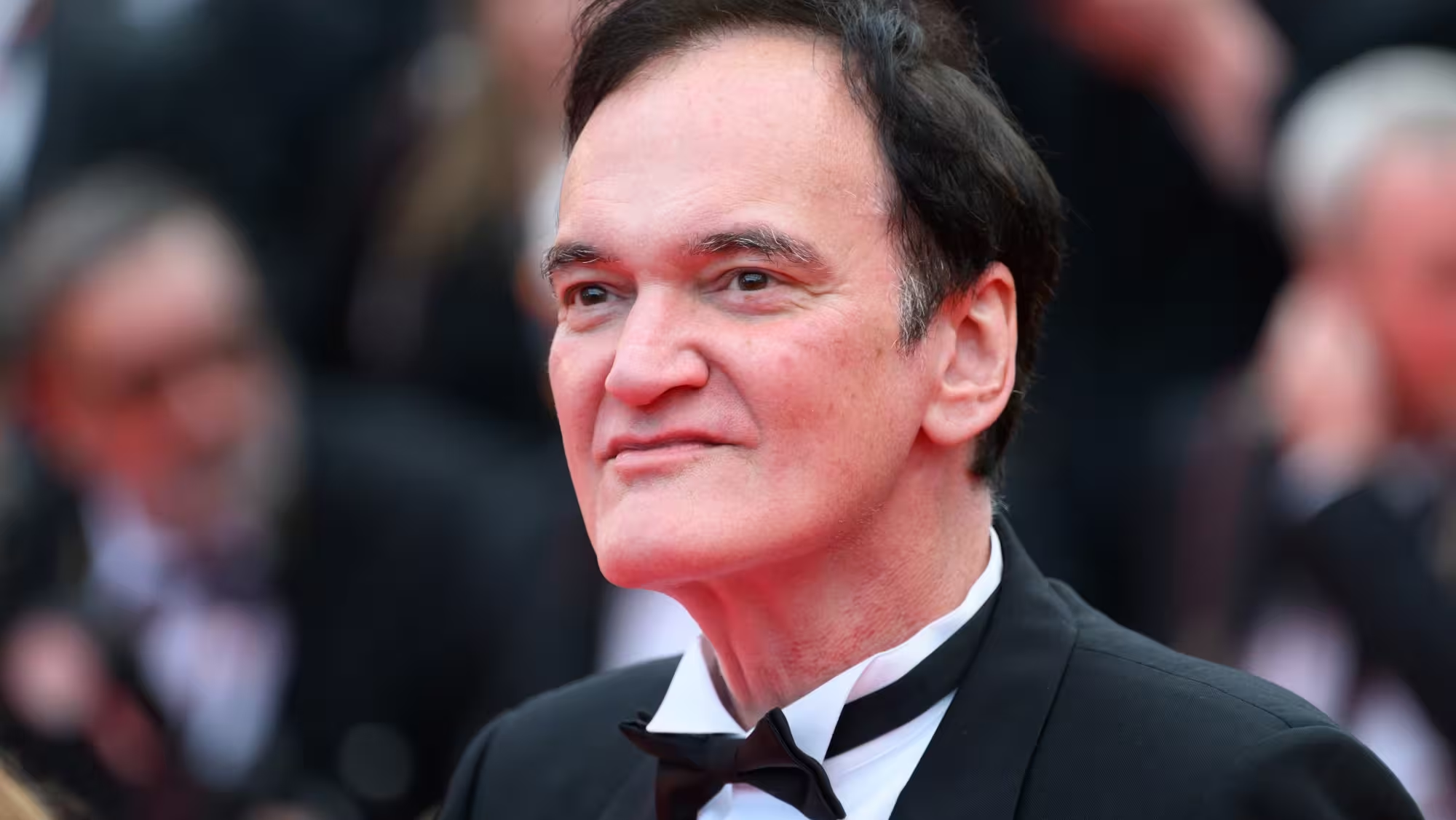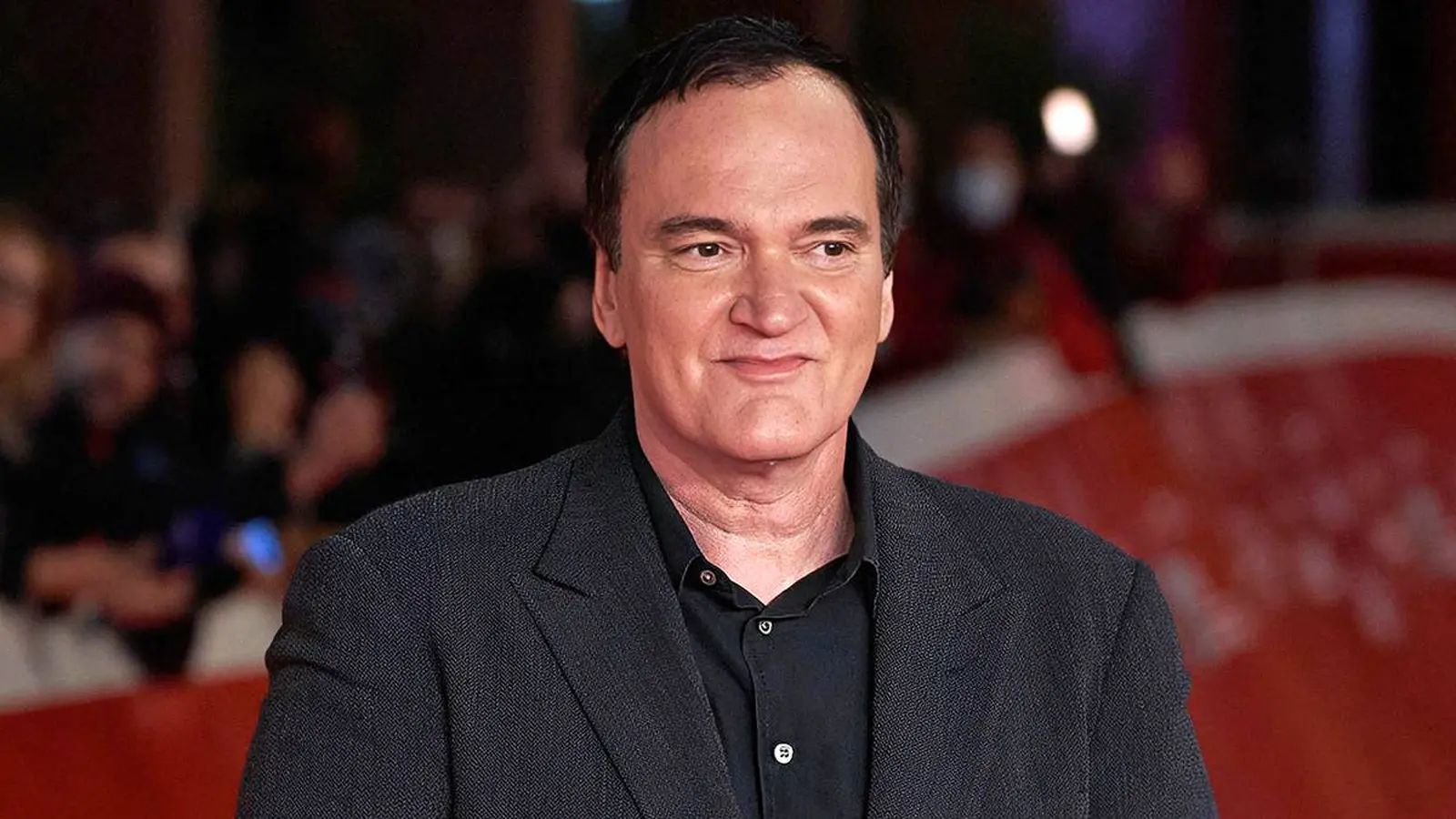5 Minutes
Quentin Tarantino has always been a director of bold strokes — a filmmaker who treats dialogue like a musical instrument and risk like creative currency. At a recent gala appearance, Tarantino shared intimate reflections that reveal how he writes, why he takes chances, and how personal daring and mentorship shaped landmark films from Jackie Brown to Django Unchained.
Dialogue as music: the Samuel L. Jackson connection
Tarantino described writing dialogue as composing music, poetry, hip-hop and stand-up comedy all at once — an attempt to capture the cadences of real life. He singled out Samuel L. Jackson as the actor who can shape that music in ways few can. “When he says the dialogue, I hear the music… I hear poetry… I hear the rhythm,” Tarantino said, explaining why Jackson often enjoys unusual leeway with Tarantino’s lines. That relationship has echoes in other director-actor partnerships where dialogue becomes performance: think Scorsese and De Niro’s verbal sparring or the improvised intimacy between Wes Anderson and Bill Murray.
Tarantino’s description highlights a key element of his auteur voice: dialogue that sounds lived-in, theatrical and oddly musical. It helps explain why scenes in Pulp Fiction or Jackie Brown feel like listening to a layered track, where every line adds a new instrument.
Adaptation and restraint: Jackie Brown and the 'flareball' debate
Discussing Jackie Brown, Tarantino said he didn’t want to be a “flareball” — opting to adapt Elmore Leonard’s novel with a restrained, character-driven approach rather than his usual maximalism. The film remains his most measured work, a crime drama that leans on Leonard’s cool restraint and delivers one of Tarantino’s most empathetic portraits of middle-aged characters. Compared with the kinetic violence of Reservoir Dogs or Kill Bill, Jackie Brown feels like a director trying on a smaller, more nuanced suit — and succeeding.

Setbacks, mentorship and the sting of Grindhouse
Even auteurs face public setbacks. Tarantino admitted he felt deeply hurt by Grindhouse’s underperformance — “it felt at the time like the moviegoing audience was my girlfriend and my girlfriend broke up with me,” he said. The reaction pushed him to seek counsel from other directors: Tony Scott and Steven Spielberg offered him perspective and support. This humanizes Tarantino: beneath the bravado is an artist sensitive to audience response, and willing to seek help when a risk doesn’t land.
Tarantino’s experience with Grindhouse and Death Proof also reflects a broader industry trend: the challenges of genre pastiche in a market that often prefers clear, marketable categories. Today’s streaming era has made niche, director-driven experiments more viable, but the mid-2000s theatrical landscape was less forgiving.
Ethics of reenactment: Django Unchained and creative responsibility
Planning Django Unchained prompted a moral dilemma: should he film on an actual plantation and risk re-traumatizing audiences by staging slavery? Tarantino even considered shooting in Brazil to avoid those ethical landmines. A dinner conversation with Sidney Poitier crystallized his choice: “It seems to me you are afraid of your own movie. You need to get over that, and you need to man up.” That counsel pushed Tarantino to confront the subject head-on, producing one of his most controversial but culturally resonant films.
This debate mirrors larger conversations in filmmaking about representation and historical trauma — how to dramatize atrocities without exploiting them. Filmmakers from Spike Lee to Barry Jenkins have navigated similar tensions, each choosing their own balance of realism and commentary.
On legacy, the tenth film, and being 'Tarantino-esque'
When asked whether his planned tenth film will be his last, Tarantino answered cautiously: “That’s the plan. We’ll see.” He dismissed a previously floated John Brown project and reflected on what “Tarantino-esque” means to him — essentially, “a crime story with a bunch of wiseasses.” He also argued that writer’s block is a myth, reframing creativity as discipline rather than waiting for inspiration.
Film critic Anna Kovacs offered a short take on Tarantino’s late-period reflections: “Tarantino’s recent candidness shows an artist reconciling style with consequence. He’s less a showman now and more a director weighing each choice’s cultural echo.”
Trivia and context: guests at the gala included Tarantino’s mother Connie McHugh, agent Mike Simpson, Sony’s Tom Rothman, and Christian Madsen — a reminder of the personal networks that thread through Hollywood careers. Whether you love him or criticize him, Tarantino’s career continues to spark conversation about dialogue, ethical storytelling, and the role of risk in filmmaking.
Tarantino remains a director who listens to the rhythm of speech, seeks tough counsel after misfires, and challenges himself — and his audience — when the material demands it. That mix of musical dialogue and moral reckoning keeps his films unavoidable in any conversation about modern cinema.
Source: hollywoodreporter



Leave a Comment